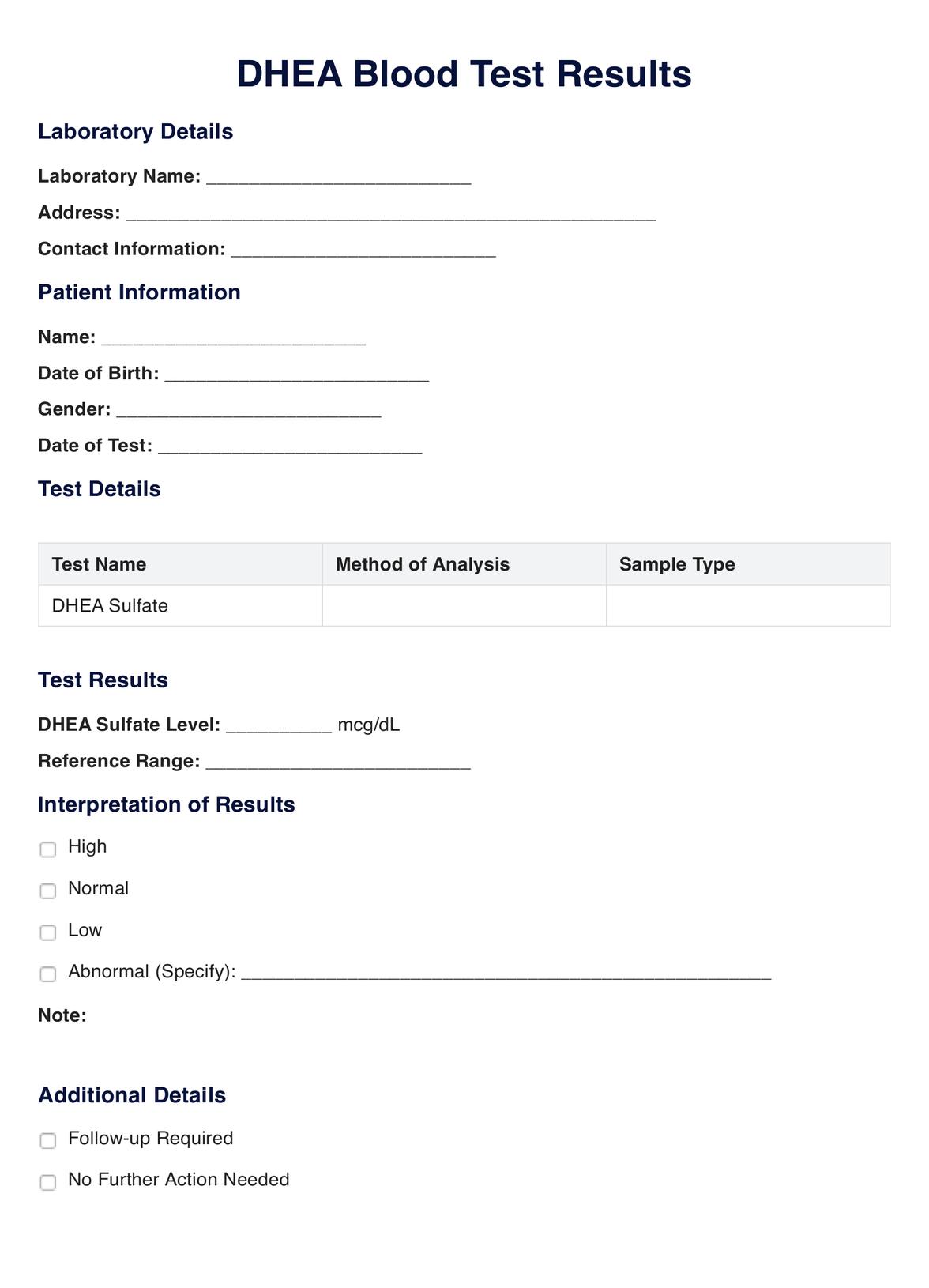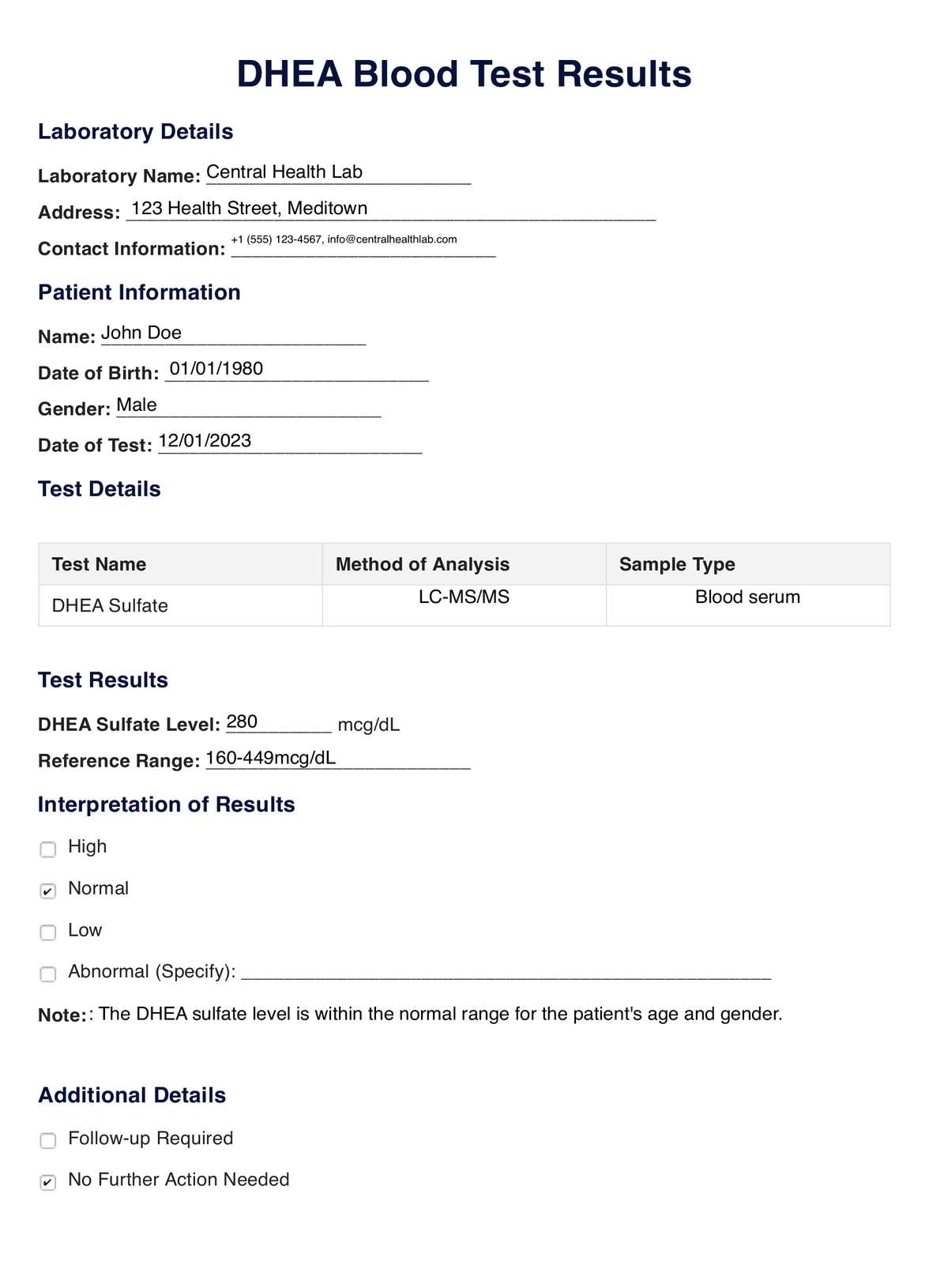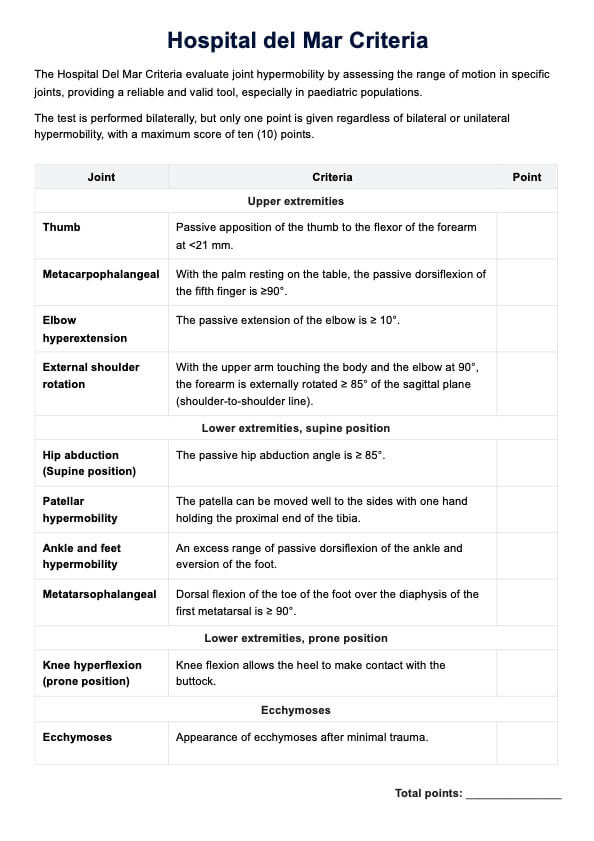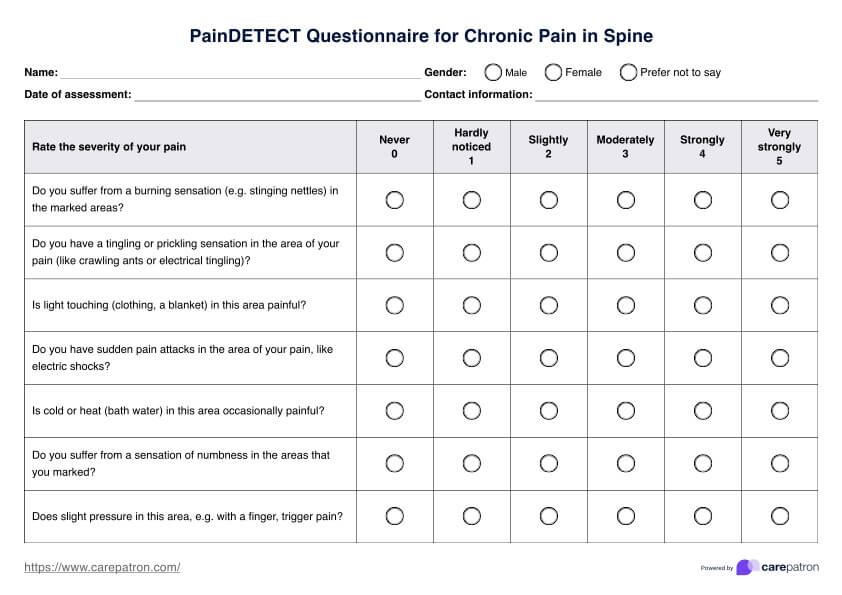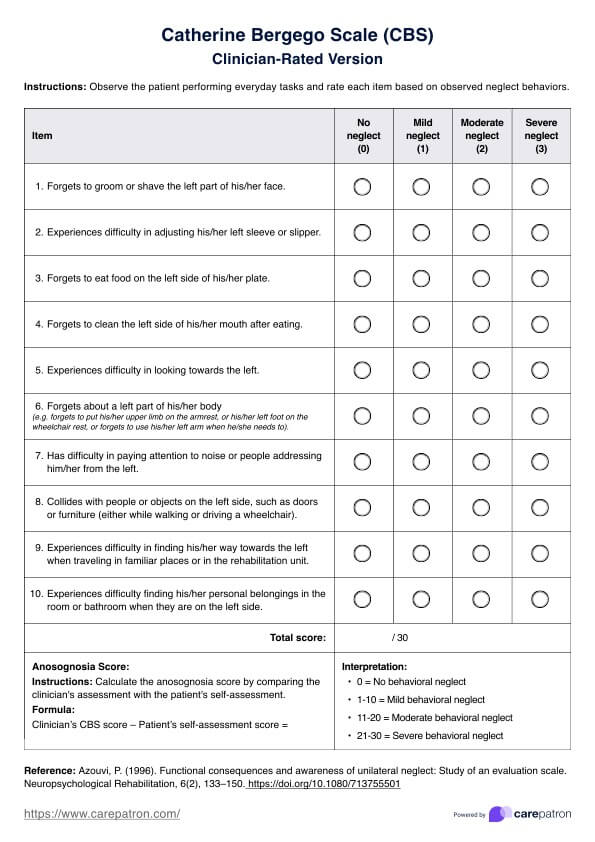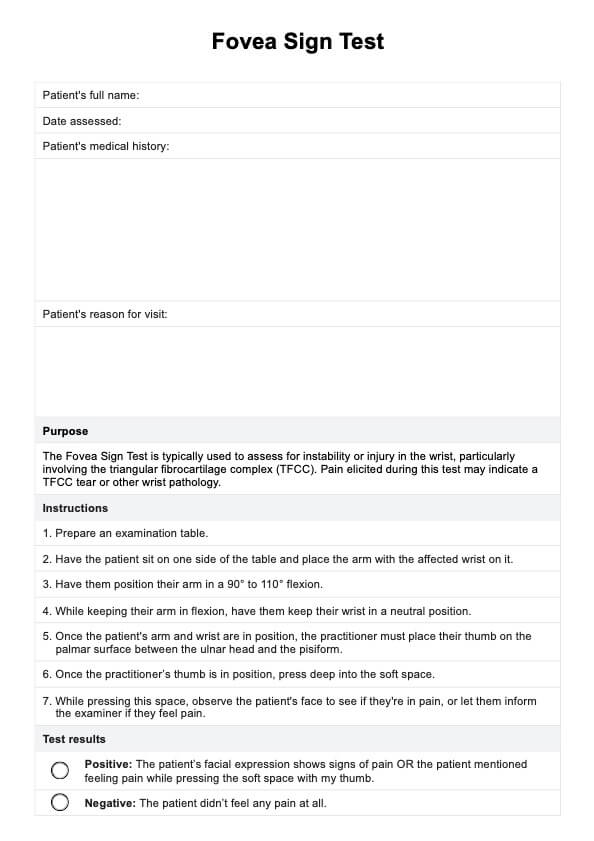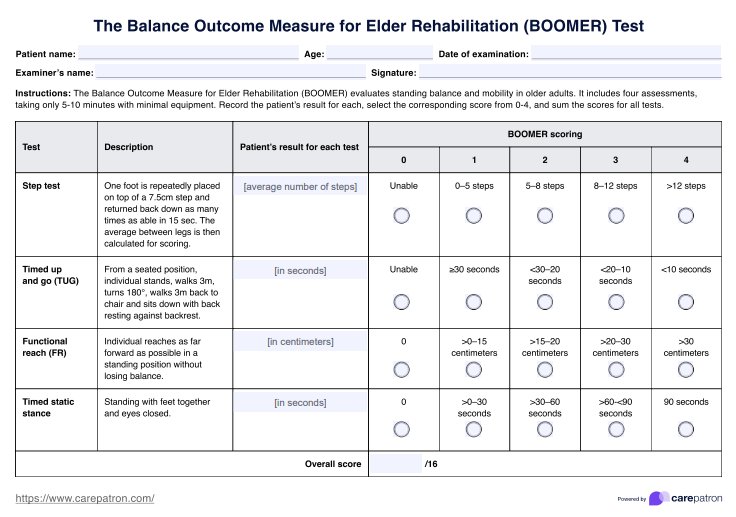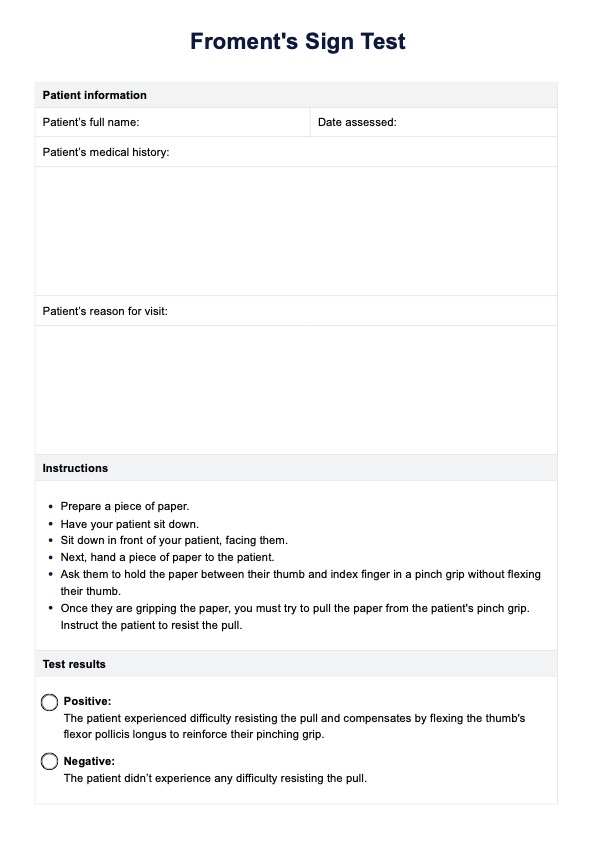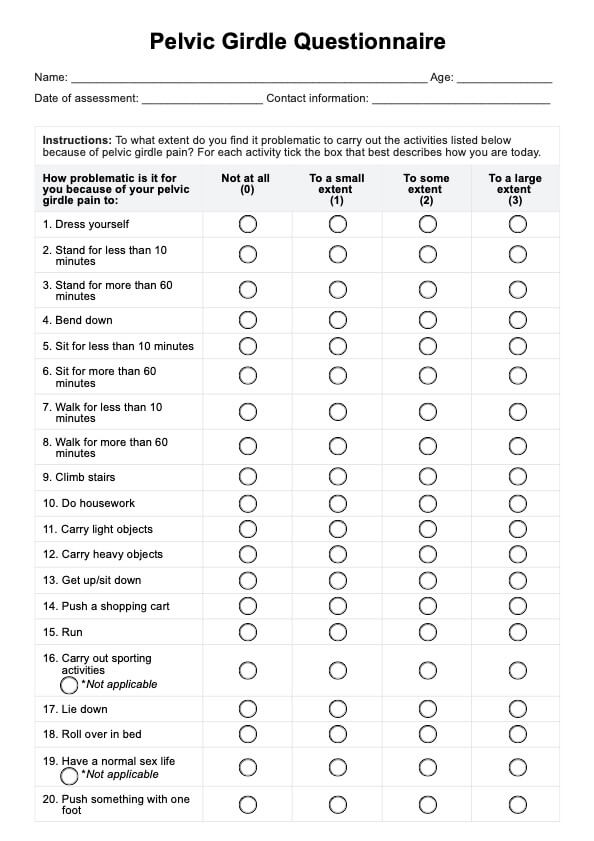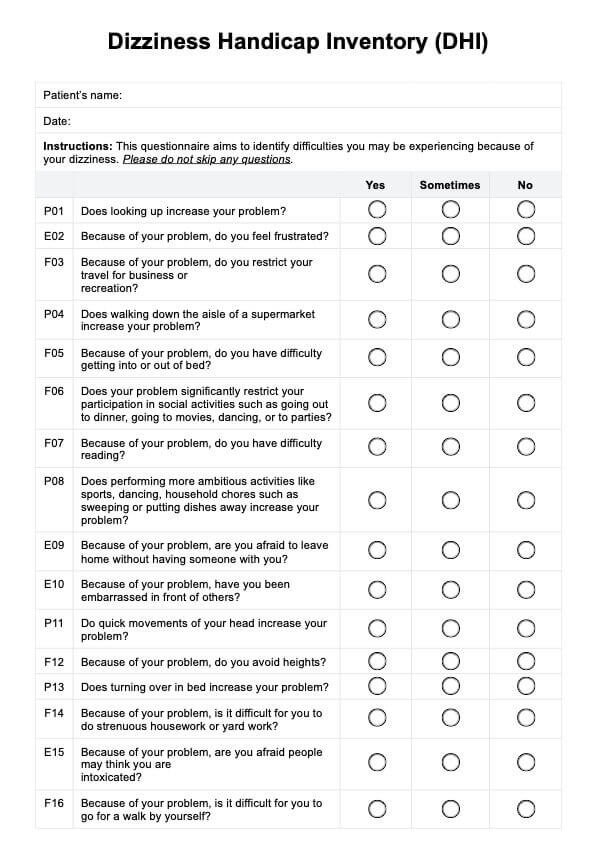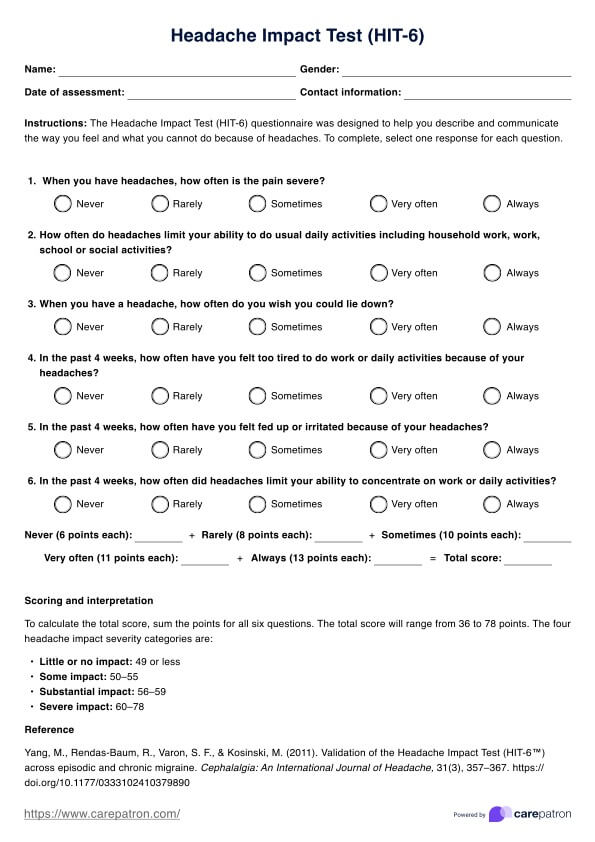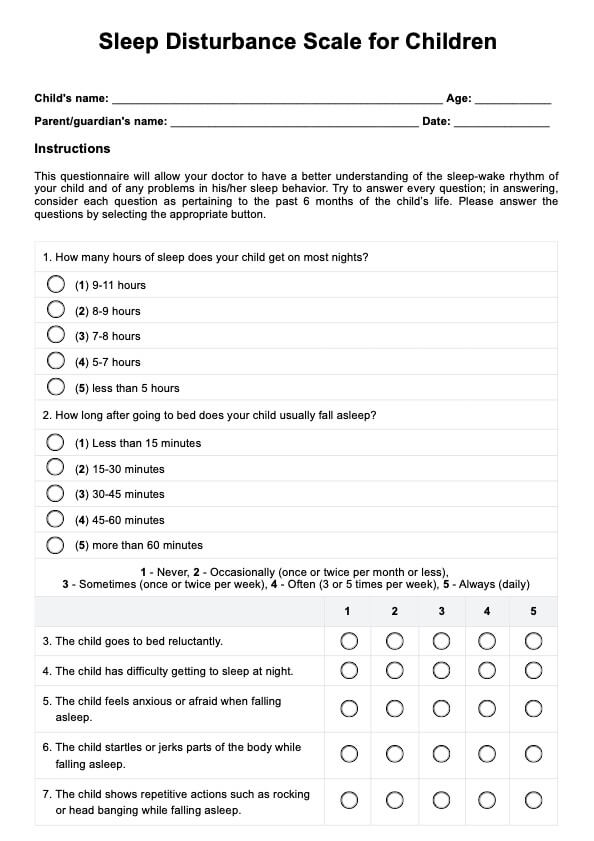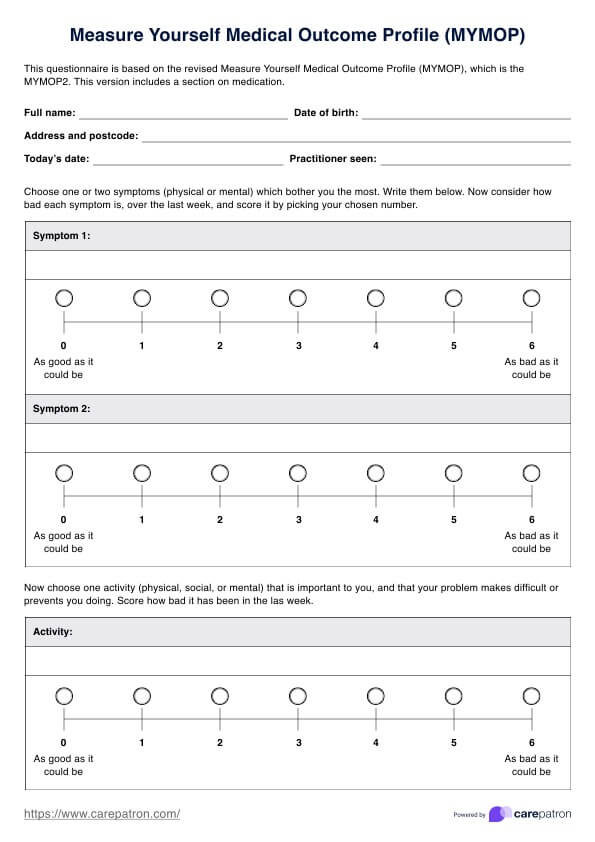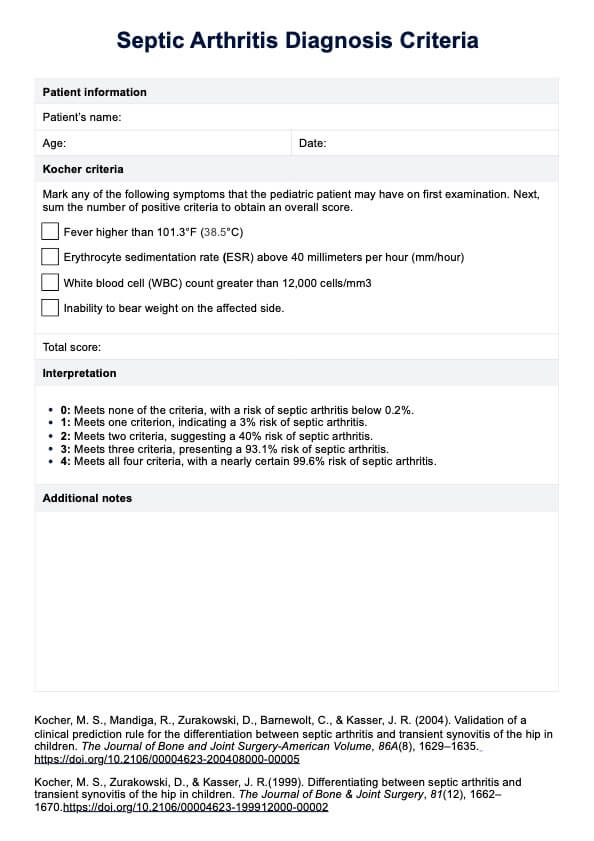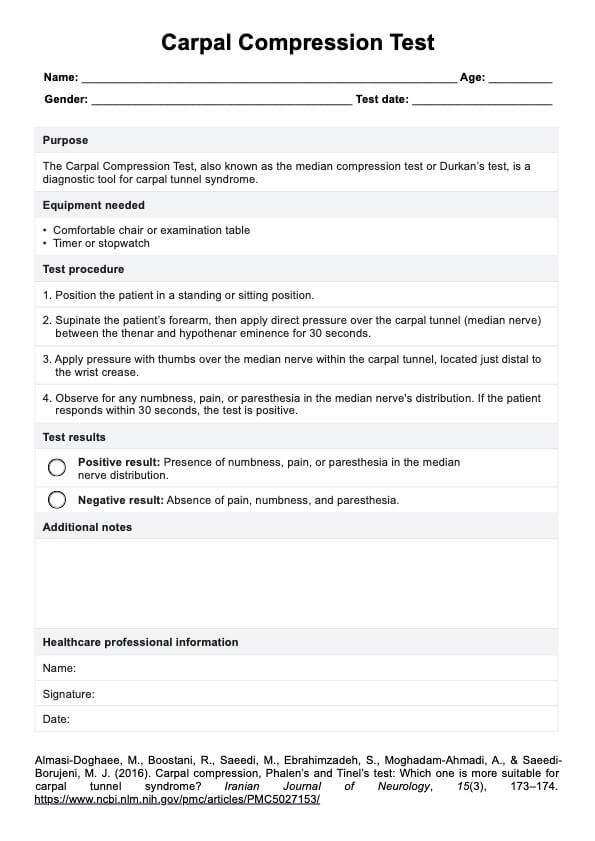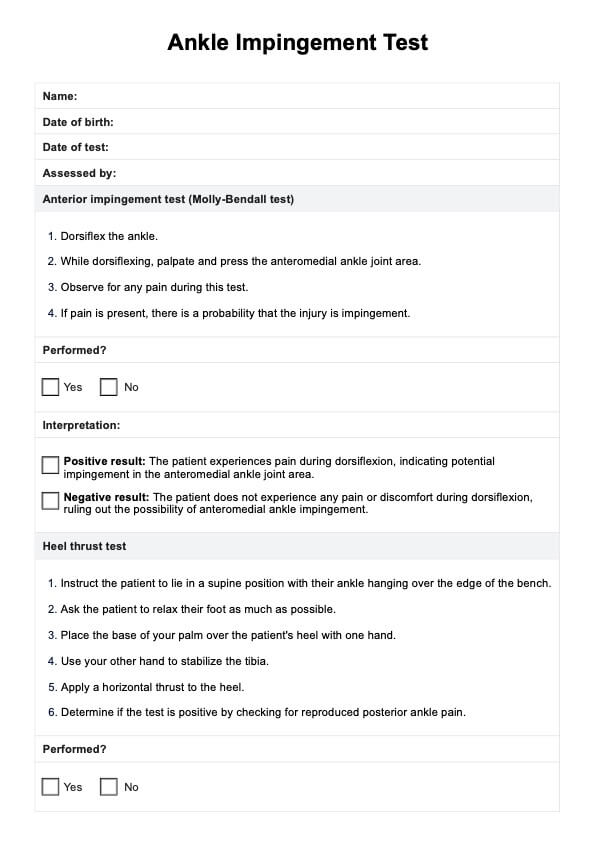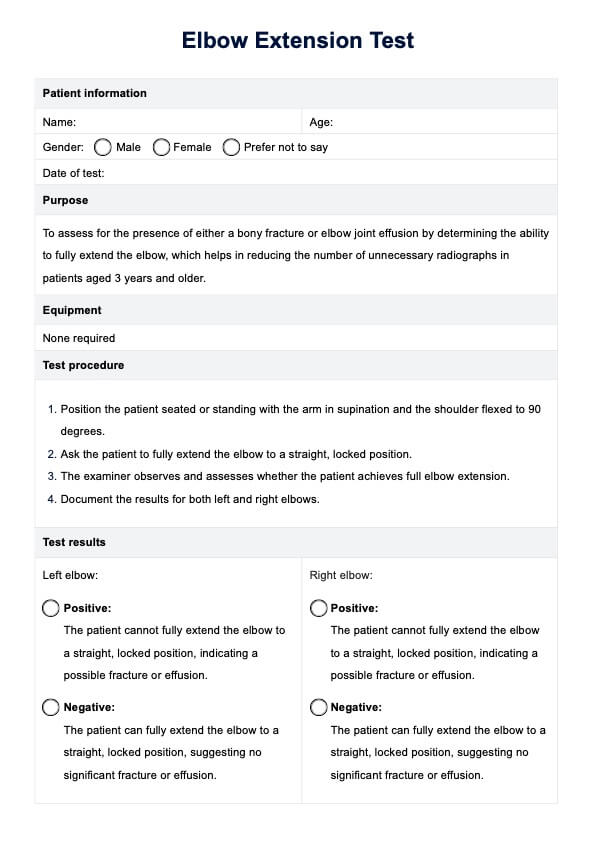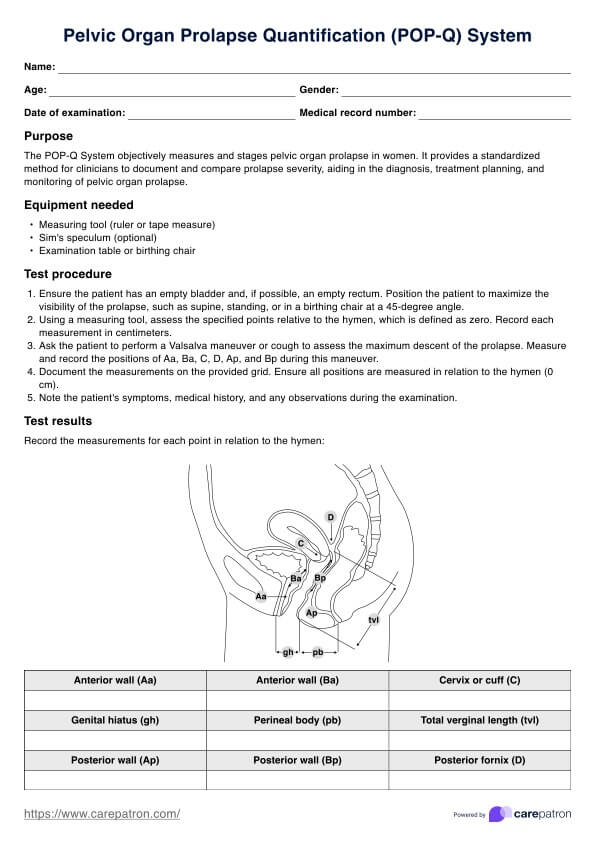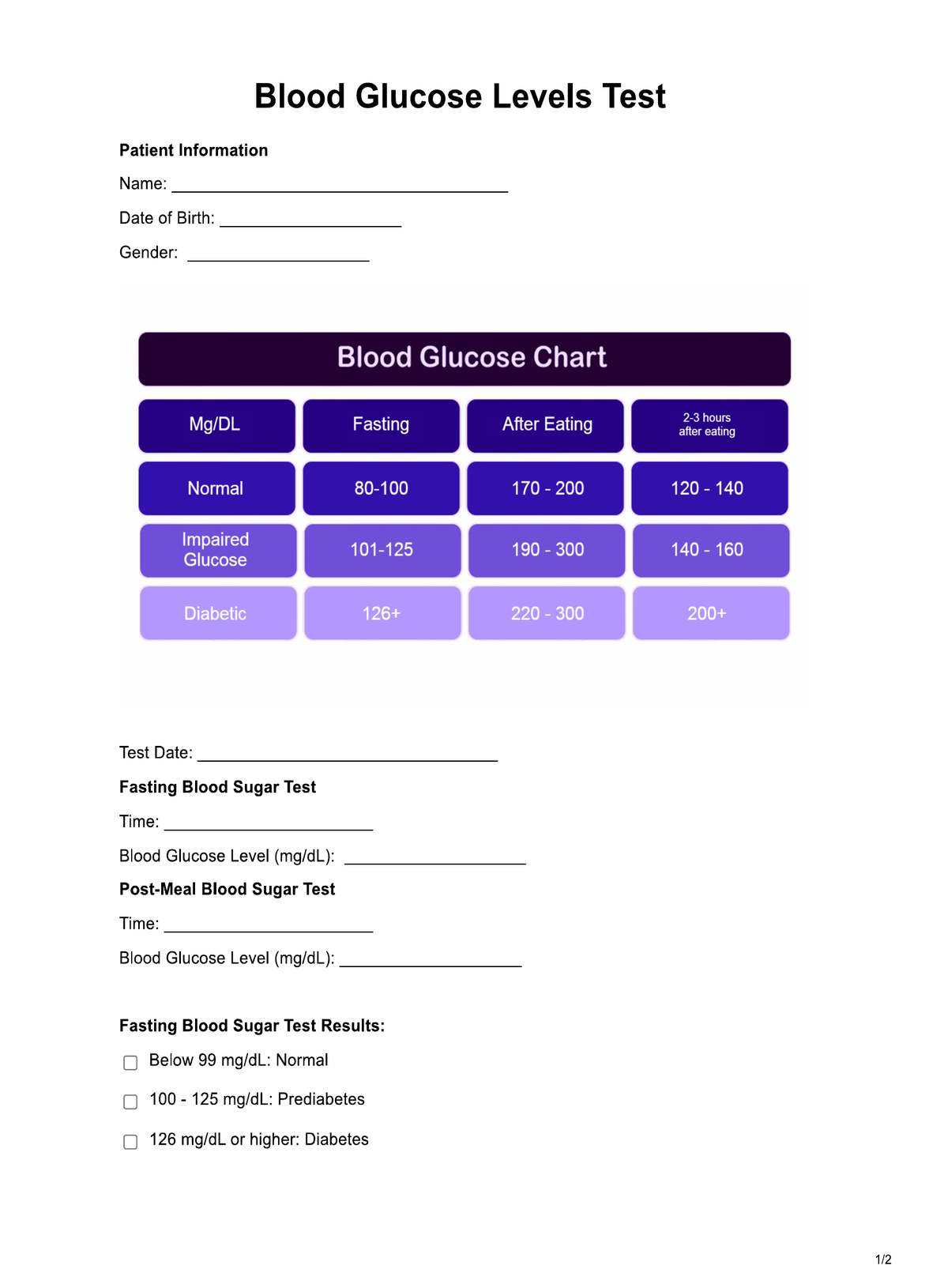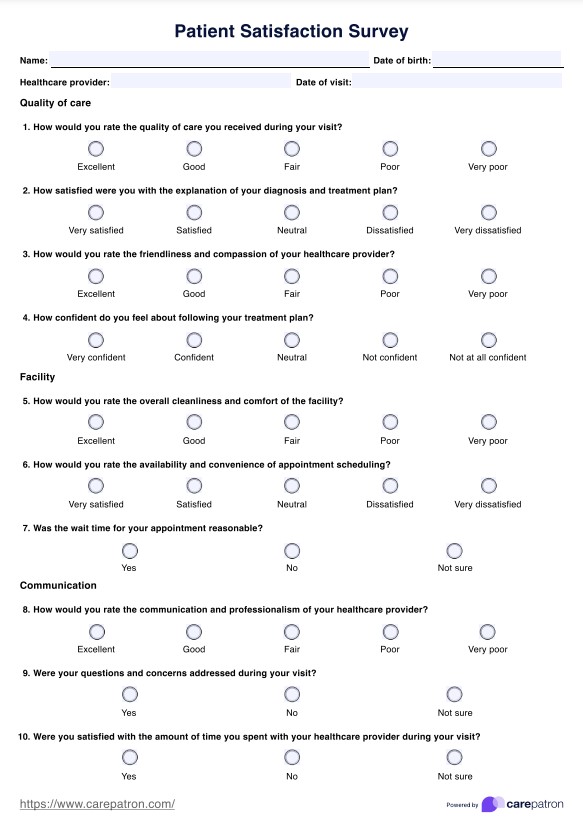DHEAS blood test
The DHEAS blood test evaluates adrenal gland function by measuring dehydroepiandrosterone sulfate levels, aiding in diagnosing hormonal disorders and adrenal health.


What is a DHEA sulfate (DHEAS) test?
The DHEA sulfate test measures dehydroepiandrosterone sulfate (DHEAS) levels in the blood. DHEAS, produced primarily by the adrenal glands above the kidneys, is a precursor to male and female sex hormones, including testosterone and estrogen. This hormone plays a crucial role during puberty in developing sexual characteristics. The test is essential for assessing adrenal gland function and understanding hormonal balances in the body, with smaller amounts of DHEAS also produced in the male testes and female ovaries.
DHEAS blood test Template
DHEAS blood test Example
Purpose of the test
The DHEA sulfate (DHEAS) test aims to evaluate the adrenal glands' function and help diagnose conditions that affect adrenal gland function. Here are some specific reasons why this test may be conducted:
- Diagnosing adrenal gland disorders: Since the adrenal glands primarily produce DHEAS, abnormal levels can indicate adrenal dysfunction. This includes conditions like adrenal tumors, adrenal hyperplasia, or adrenal insufficiency.
- Assessing androgen levels: DHEAS is an androgen hormone that plays a vital role in developing male characteristics. The test can help assess androgen levels in both men and women.
- Investigating symptoms of hormonal imbalance: For women, high DHEAS levels may be investigated in the context of symptoms like excessive facial and body hair (hirsutism), acne, or irregular menstrual cycles, which could suggest conditions like polycystic ovary syndrome (PCOS). In men, abnormal DHEAS levels might be evaluated for symptoms of hormonal imbalance.
- Monitoring treatment: In some cases, the DHEAS test is used to monitor the effectiveness of treatment for conditions affecting the adrenal glands.
- Determining the cause of early puberty or infertility: The test may be used to explore reasons for early puberty in children or fertility issues in adults.
- Guiding further testing: Abnormal DHEAS levels may prompt additional testing to investigate further the health of the adrenal glands or other related endocrine organs.
It's important to note that the DHEAS test is often one component of a more comprehensive hormonal evaluation. A healthcare professional should interpret the results in the context of clinical symptoms, medical history, and other diagnostic tests.
What happens during a DHEA sulfate test?
During a DHEA sulfate (DHEAS) test, a blood sample is collected to measure the level of DHEAS in your blood. Here's what typically happens during the test:
- Preparation: Generally, no special preparation is required for a DHEAS test. However, your doctor may give specific instructions depending on your medical condition or if you're taking medications that could affect the test results. It's always a good idea to inform your healthcare provider about your medicines or supplements.
- Blood sample collection:
- Location: The test is usually performed in a hospital, a clinic, or a laboratory.
- Procedure: A healthcare professional will clean a small area of your arm and insert a needle into a vein. This is typically done in the crook of your elbow or the back of your hand.
- Blood draw: A small amount of blood is drawn into a vial or syringe.
- Aftercare: Once enough blood has been collected, the needle is removed, and a small bandage is applied to the puncture site. You might be advised to apply pressure to the area for a few minutes to reduce bruising.
- Duration: The actual blood draw usually takes just a few minutes.
- Sensations: You may feel a slight sting or pinch when the needle is inserted and removed. Some people experience mild discomfort or bruising at the puncture site, but these symptoms are typically short-lived.
- Post-test instructions: Usually, you can resume your normal activities immediately after the test. If you feel light-headed or dizzy, inform the healthcare professional and rest until you feel better.
- Laboratory analysis: The blood sample is sent to a laboratory where the DHEAS level is measured.
- Results: The results are typically available within a few days. Your doctor will interpret the results regarding your overall health, symptoms, and other test results. We have created a comprehensive template for the DHEAS blood test results. See below.
It's important to discuss any concerns or questions you have with your healthcare provider before and after the test.
Who might need a DHEA sulfate (DHEAS) test?
A DHEA sulfate (DHEAS) test is often recommended for those showing signs of hormonal imbalance, particularly in adrenal gland function. Key groups who may need this test include:
- Women with androgen excess symptoms: This includes women with unusual hair growth, acne, irregular menstrual cycles, or infertility, possibly indicating conditions like PCOS or adrenal tumors.
- Individuals with adrenal gland disorder symptoms: Symptoms like unexplained weight loss, muscle weakness, fatigue, or hyperpigmentation may necessitate this test for diagnosing conditions like adrenal hyperplasia or insufficiency.
- Children with abnormal puberty onset: Used to assess early or delayed puberty in children, potentially linked to adrenal hormonal imbalances.
- Patients with adrenal tumors: For monitoring tumor activity and treatment effectiveness.
- Individuals undergoing infertility evaluation: Especially when symptoms of androgen excess are present, as hormonal imbalances can impact fertility.
- Men with hormone imbalance symptoms, Such as decreased libido or erectile dysfunction.
A DHEAS test is usually part of a comprehensive medical evaluation, with a healthcare provider considering the patient's symptoms, medical history, and other tests before recommending it.
Commonly asked questions
The DHEA sulfate (DHEAS) test measures dehydroepiandrosterone sulfate levels, a steroid hormone the adrenal glands produce. This test is crucial for assessing whether the adrenal glands are working correctly and to check for any adrenal gland disorders.
DHEAS plays a role in the production of male and female sex hormones, including testosterone and estrogen. In men, it influences sexual features and testosterone effects. In women, it affects menstrual cycle regularity and estrogen levels. Imbalances can lead to symptoms like excess hair growth or irregular periods.
Yes, elevated DHEA S levels can be indicative of PCOS, characterized by androgen excess and menstrual irregularities. It's also used in diagnosing congenital adrenal hyperplasia, a condition affecting adrenal gland function.


